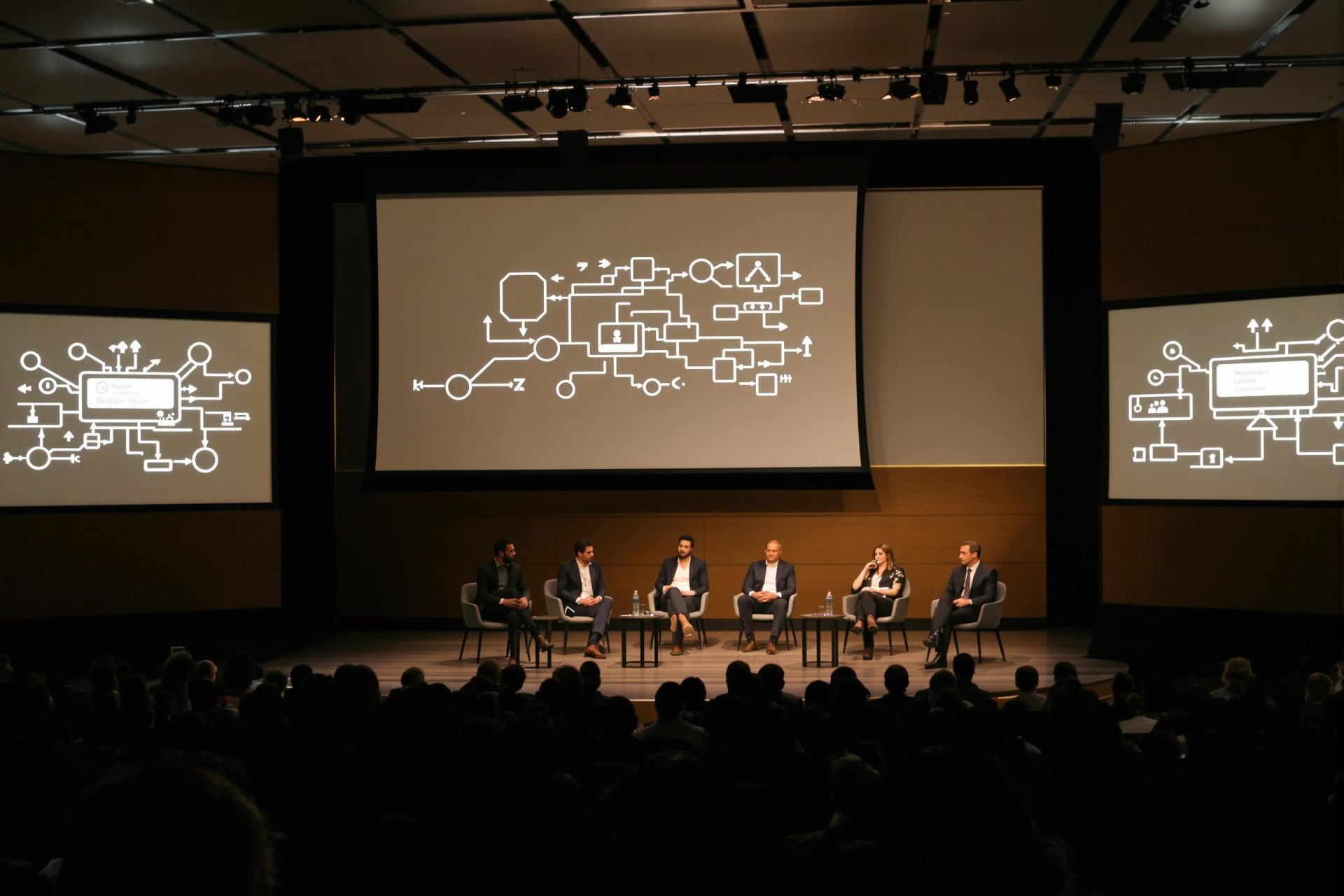Key Takeaways
- OpenAI’s for-profit arm, OpenAI LLC, is becoming a Public Benefit Corporation (PBC).
- The nonprofit OpenAI Inc. will continue to be the largest shareholder and control the PBC.
- This change aims to balance mission-driven goals with the company’s operations.
- CEO Sam Altman indicated a desire for more open-source models and user freedom.
- The move follows public discussions about the company’s direction and commitment to safety.
OpenAI, the company behind ChatGPT, is making a significant change to its corporate structure. The for-profit side, OpenAI LLC, will transition into a Public Benefit Corporation, or PBC.
The original nonprofit arm, OpenAI Inc., isn’t going away; it will remain the largest shareholder and maintain control over the new PBC. This shift comes after some well-publicized internal debates about the company’s direction, particularly concerning profits versus its core mission.
Other tech companies like Anthropic and even retail brands such as Patagonia operate as PBCs, a structure that legally allows companies to prioritize a public benefit alongside shareholder profit.
In a communication to employees, CEO Sam Altman explained that the previous structure was designed for a time when OpenAI anticipated being the dominant force in AI, according to ZDNet. He acknowledged that feedback from civic leaders played a role in this decision.
Altman expressed a vision for more open-source models and greater freedom for users in how they utilize OpenAI’s tools, within broad boundaries. “We want to open source very capable models,” he wrote, adding that users should be able to decide on ChatGPT’s behavior.
This aligns with recent updates to OpenAI’s policies, which have softened earlier restrictions and emphasized “intellectual freedom” in how its AI models respond. Altman stated, “We want to make sure democratic AI wins over authoritarian AI.”
He also highlighted the goal of ensuring AI benefits everyone, not just a select few. An advisory commission is planned to help OpenAI focus its nonprofit efforts on areas like health, education, and scientific discovery.
Interestingly, deploying AI in public service sectors often involves more stringent regulations than consumer products. While OpenAI has reportedly expedited safety testing timelines recently to keep pace with competitors, Altman reiterated a strong commitment to safety and alignment in his announcement. “As AI accelerates, our commitment to safety grows stronger,” he affirmed.



